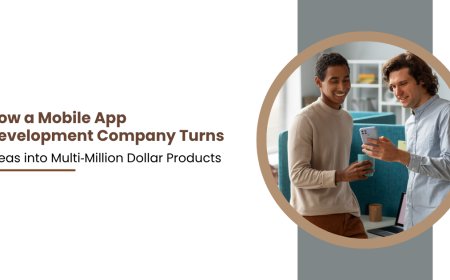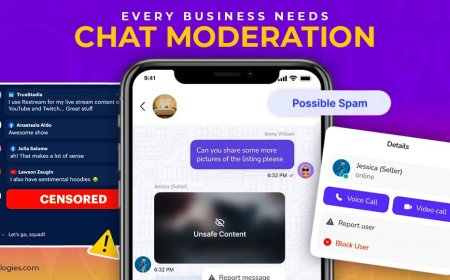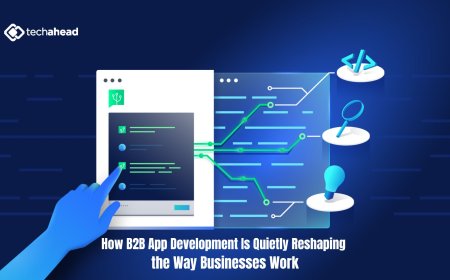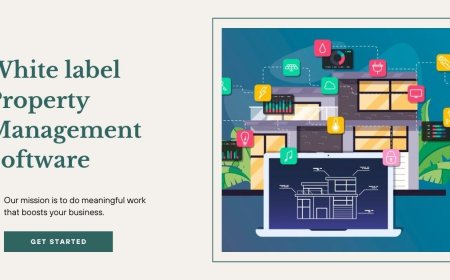Why Gen Z Prefers WhatsApp Conversations Over Emails in 2025
Gen Z is shifting from email to WhatsApp for real-time, personalized communication. Learn why brands must adapt in 2025.
In 2025, a noticeable shift is happening in the way younger generations choose to communicate. Gen Z the digitally native generation born between the mid 90s and early 2010s is driving a quiet but powerful change in communication norms. And at the center of it all is a surprising platform: WhatsApp.
Forget email overload. Gen Z is embracing direct, real time, and highly personalized communication through platforms like WhatsApp. For businesses, creators, and digital marketers, understanding this shift is no longer optional. It's the key to engaging this influential audience.
Emails are being ignored, not read
Ask any Gen Z user how often they check their email the answer might surprise you. While emails still serve formal or institutional purposes like school registrations or job applications, theyre often viewed as noisy, impersonal, and time consuming.
Inboxes are flooded with spam, promotional clutter, and unread newsletters. The average Gen Z user skims or ignores most of it. In contrast, a message on WhatsApp feels direct. It pings. Its short. And most importantly, it feels like a real conversation.
Why WhatsApp feels more natural for Gen Z
Here are a few reasons WhatsApp has become Gen Zs preferred mode of communication:
-
Instant feedback: Gen Z grew up in the age of real time responses. Emails feel like sending a letter in a bottle compared to the immediacy of a WhatsApp chat.
-
Personalized communication: WhatsApp messages can include emojis, voice notes, stickers, images, or even GIFs things that feel expressive and personal.
-
No fluff: WhatsApp is built for quick, no nonsense messaging. For a generation that values speed and simplicity, it fits perfectly.
-
Better control: Unlike emails, where users have little say in what floods their inbox, WhatsApp conversations are more intentional and curated.
What does this mean for businesses?
Brands targeting Gen Z cant rely solely on traditional channels. Email campaigns might still have value, but they shouldnt be the core strategy when it comes to younger audiences. Heres whats working instead:
-
Using the WhatsApp Business API to automate and scale one on one communication
-
Deploying smart chatbots that answer product questions and guide users through purchases
-
Sharing updates or content through opt in WhatsApp broadcasts that feel like personal recommendations, not spam
Platforms like Botsense make this transition easier by offering full stack WhatsApp automation from chat flows to CRM integration while keeping the human touch intact.
WhatsApp brings the conversation to where Gen Z already is
Most Gen Z users are already active on WhatsApp whether its chatting with friends, family, or classmates. For businesses, this means theres no need to pull them to another platform or ask them to open an app they rarely check.
If your brand can meet them where they already spend time, you remove friction and build trust.
Best practices for engaging Gen Z on WhatsApp
To get it right, remember:
-
Be authentic: Gen Z can spot generic marketing language a mile away. Write like a person, not a bot.
-
Keep it short: Say more with less. WhatsApp is about quick, punchy messages.
-
Offer value: Whether its a discount, early access, or exclusive content, every message should give them a reason to stay connected.
-
Respect privacy: Always get permission before sending messages and make it easy to opt out. Transparency matters.
Final thoughts
The shift from email to WhatsApp isn't just a tech preference it reflects a deeper cultural change in how younger generations engage with the world. Gen Z values speed, authenticity, and connection and WhatsApp delivers on all three.
As 2025 unfolds, brands that adapt to this new communication style will be the ones that build lasting loyalty. And for Gen Z, those brands won't be seen as marketers. They'll be seen as part of the conversation.


































